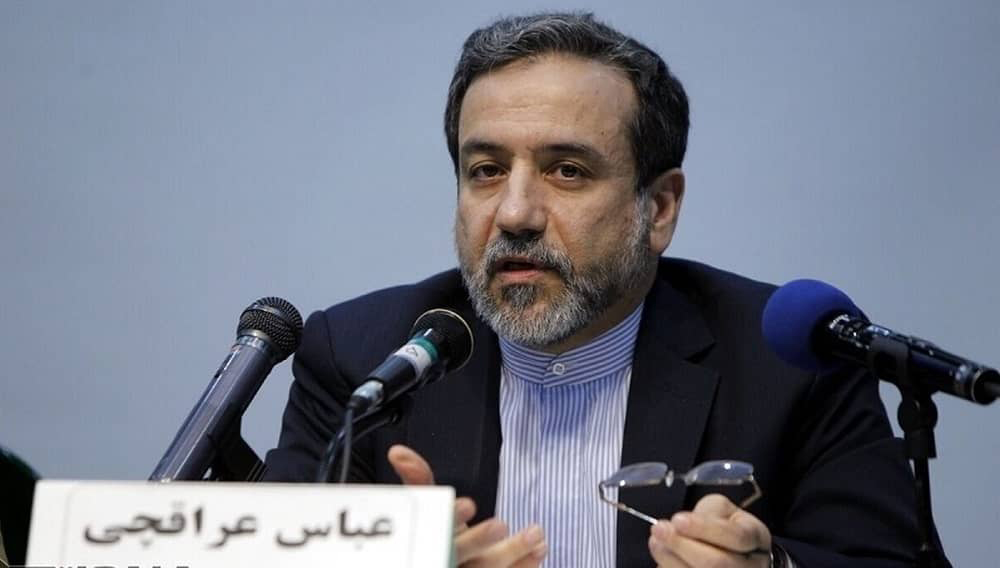|
Getting your Trinity Audio player ready...
|
(Israel Hayom) Top Iranian government officials have established high barriers to entering direct negotiations with the United States, while the country’s Islamic Revolutionary Guard Corps commander has declared Iran’s readiness for conflict.
Iranian Foreign Minister Abbas Araghchi stated during a diplomatic gathering on Saturday evening honoring the Nowruz holiday that his country would return to discussions with the United States only if all American sanctions against Iran were lifted.
“In principle, direct negotiations with a party that continuously threatens violence, violates the U.N. Charter, and whose various officials issue contradictory statements would be meaningless,” said Araghchi.
“Nevertheless, we remain devoted to finding a diplomatic solution and are prepared to pursue the negotiation pathway,” he added.
IRGC commander Hossein Salami said that Iran would not initiate war with the United States, but would “maintain unrestricted power to confront any aggression.”
Israel’s strike on a building adjacent to the Iranian embassy in Damascus in April 2024, which killed a senior IRGC commander, “signaled the start of a global confrontation,” said Salami.
Meanwhile, a senior Iranian official told Reuters on Sunday that Iran has warned its neighbors they could become targets if they allow the United States to use their territory or airspace as part of an assault on Iran’s nuclear facilities. He added that Tehran has rejected Washington’s demand for direct talks and is interested in continuing indirect negotiations through Oman.
According to the report, the United Arab Emirates, Bahrain, Turkey, Kuwait and Iraq were warned that any support for a U.S. strike, including the use of airspace or territory (for example, Qatar hosts the largest American base in the region) would be considered a hostile act.
Such an act “will lead to severe consequences,” the official warned, adding that Iran’s Supreme Leader Ali Khamenei had placed the country’s forces “on high alert.”
Spokespeople for the governments of the UAE, Bahrain, Kuwait and Iraq did not respond to the report. Turkey’s Foreign Ministry said it was unaware of the warning but acknowledged it may have been conveyed through other channels.
Last Wednesday, Iranian media reported that Kuwait had promised Iran it would not allow aggressive actions against other countries from its soil.
The Iranian official also stated that Iran is rejecting the U.S. demand to conduct direct negotiations regarding its nuclear program.
According to the senior figure, Iran wishes to continue indirect talks via Oman, a longstanding backchannel for messages between the rival states.
“Indirect talks make it possible to assess Washington’s seriousness about a political solution with Iran,” the official said. Although the diplomatic route may be “challenging,” such talks could begin soon if the American messages support it.
Another senior Iranian official told the news agency that Iran is also seeking additional support from Russia, though it remains skeptical of Moscow’s commitment. “It depends on the dynamics” between U.S. President Donald Trump and Russian President Vladimir Putin, the official said.
Originally published by Israel Hayom.




